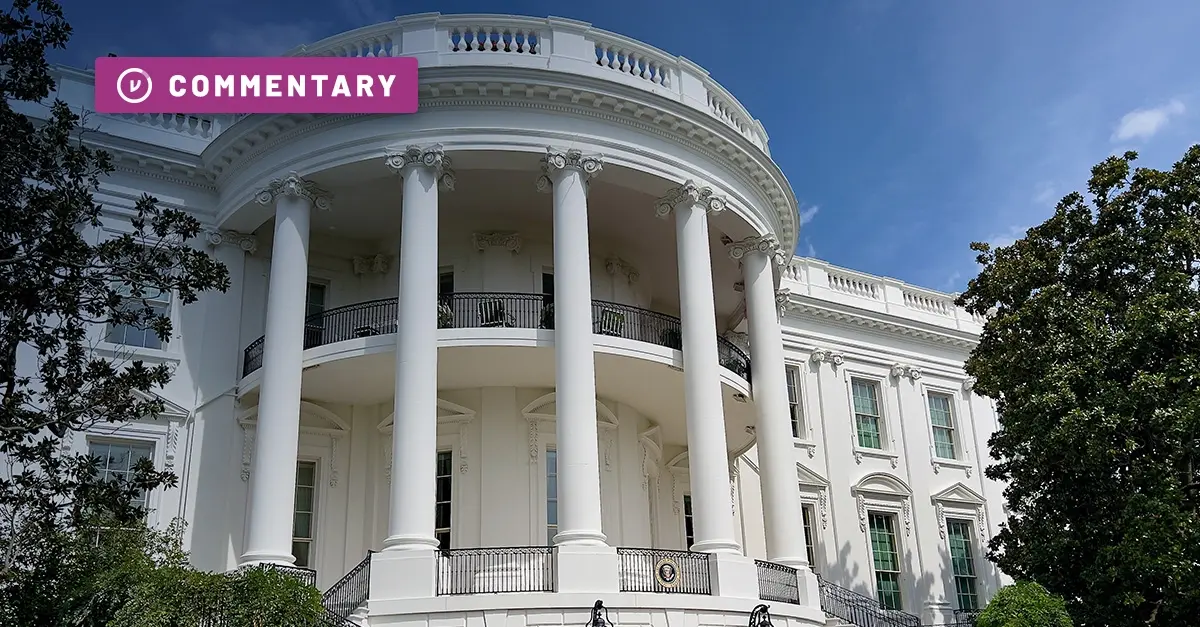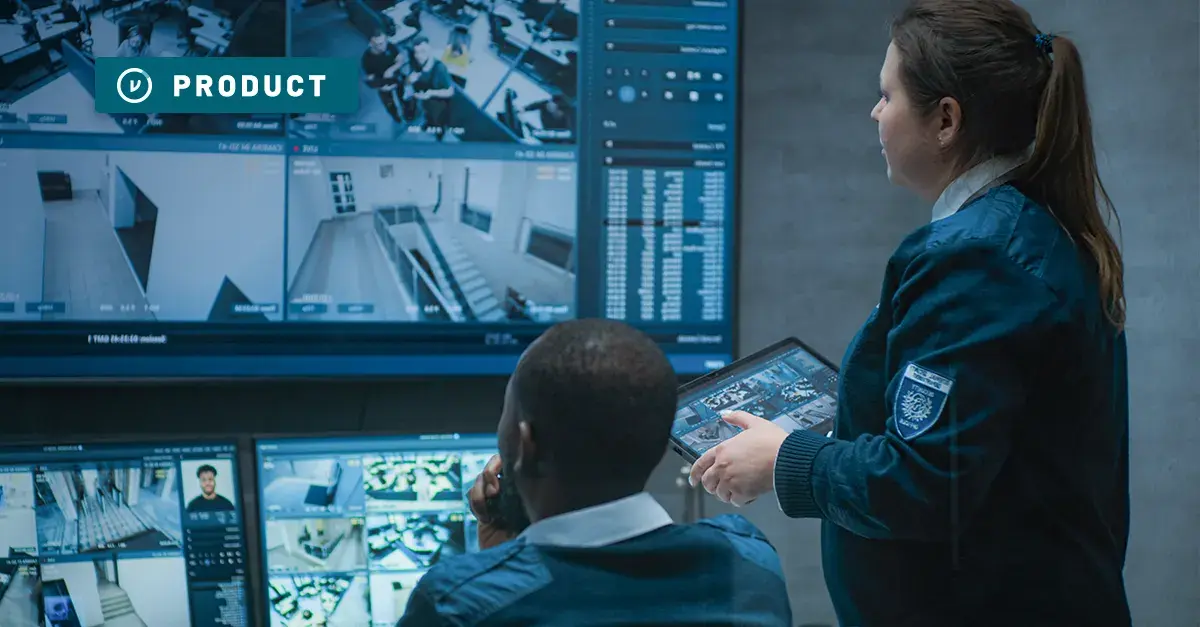

Sign Up for the Virtru Newsletter
See Virtru In Action


Standards and regulations play a crucial role in data security, helping to ensure the integrity and protection of sensitive information. One standard is the Federal Information Processing Standards (FIPS), which has become a cornerstone for security requirements in both government and private sectors, especially in situations where advanced security requirements are mandated by compliance obligations, like CMMC and ITAR.
But what is FIPS, why is it important, and what is the difference between being FIPS compliant and FIPS validated?
FIPS is a set of standards developed by the National Institute of Standards and Technology (NIST), a non-regulatory agency of the U.S. Department of Commerce. These standards establish uniform guidelines for information systems and data security within federal agencies and their contractors.
FIPS standards cover a wide range of areas, including encryption algorithms, key management, authentication, and secure network protocols. Compliance with FIPS is often required for information systems that handle sensitive and classified information.
When a product, system, or solution is referred to as "FIPS compliant," it means that it adheres to the guidelines and requirements outlined in the relevant FIPS standard. This involves implementing the specified security controls and practices outlined in the applicable FIPS document.
For example, a FIPS-compliant cryptographic module would follow the cryptographic algorithms and key management practices as defined in FIPS 140-2, a widely recognized standard for cryptographic module security. FIPS compliance is self-declared by the organization responsible for the product, and it is typically accompanied by documentation detailing how the FIPS requirements are met.
On the other hand, FIPS validation involves a more rigorous and formal process. In the context of cryptographic modules, a FIPS validation is a third-party assessment performed by a NIST-accredited Cryptographic Module Validation Program (CMVP) laboratory. This evaluation ensures that the cryptographic module meets the security requirements specified in the relevant FIPS standard.
The validation process includes a comprehensive review of the module's design, implementation, and functionality, as well as extensive testing to verify its security features. Only after successful completion of this evaluation can a product be officially recognized as "FIPS-validated." The validation process provides an extra layer of assurance, since it’s conducted by independent experts to verify that the cryptographic module adheres to the stringent security requirements specified in FIPS standards.
FIPS compliance relies on self-declaration by the organization responsible for the product, whereas FIPS validation involves a third-party evaluation by a NIST-accredited laboratory.
FIPS validation provides a higher level of assurance as it involves a more thorough and independent assessment of the product's security features, whereas FIPS compliance relies on the organization's adherence to the stated guidelines.
Only products that have undergone successful third-party validation can officially claim to be "FIPS-validated."
Overall, FIPS plays a crucial role in shaping the security landscape. Understanding the distinction between FIPS compliance and FIPS validation is essential for organizations seeking to ensure the security of their data. While FIPS compliance is a valuable step, FIPS validation offers a higher level of confidence through a formal and independent assessment process.
That is why Virtru is proud to offer FIPS validated data-centric security solutions, like Virtru for Gmail, Virtru for Microsoft Outlook, and Virtru Secure Share. Virtru's FIPS 140-2 validation signifies not only our dedication to adhering to the stringent security requirements outlined in FIPS standards but also our commitment to providing our customers with a level of assurance that goes beyond mere compliance. By choosing Virtru’s data-centric security solutions, organizations can trust the robustness of our data security measures, backed by an official recognition that underscores the effectiveness and integrity of our cryptographic module.
To learn more about how Virtru's FIPS validated solutions can help you meet advanced security and compliance requirements, contact our team for a demo.

Cindy is a Senior Product Marketing Manager executing integrated B2B marketing campaigns for Virtru. She has over 15 years of experience articulating SaaS solutions to mass audiences, with a penchant for visual storytelling.
View more posts by Cindy KollerSee Virtru In Action
Sign Up for the Virtru Newsletter











Contact us to learn more about our partnership opportunities.